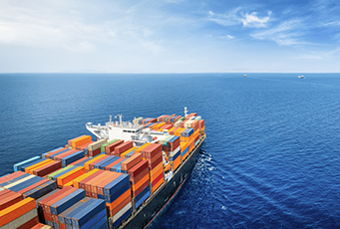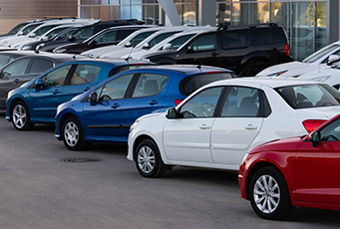Despite persistently low inflation numbers, prices on many things have been rising. Many experts think oil and gasoline may be next to experience a significant jump in price. What is causing this increase and how hard will it hit your wallet?
Along with financial assets, commodities have begun to experience meaningful price increases. According to the USDA, grocery prices rose by 3.5% in 2020—the biggest annual increase in nine years! Meat prices drove the increase, led by beef (+9.6%) and pork (+6.3%).
The price of lumber has also climbed sharply by 188% since the onset of the Covid-19 imposed lockdowns. The National Association of Home Builders estimates that his all-time high price for lumber is responsible for adding at least $24,000 to the price of a newly constructed single-family home.
Potential Causes of Price Increases
Ultimately, the main culprit for the expected increase in the pump price is the pandemic along with the reaction of governments and consumers.
- First, governments and central banks worldwide have engaged in unprecedented levels of fiscal and monetary stimulus in response to the coronavirus and subsequent lockdowns. The recently passed third stimulus bill totaling $1.9 trillion, directs even more stimulus money into consumers' pockets.
This huge flood of money directed to individuals is likely to result in price inflation. More dollars are chasing the same or, because of severe supply chain issues that have decreased global supply, fewer number of goods. However, general inflation and less supply are only one-half of the potential double whammy that will raise gas prices. - Second, this summer there is an expected return to (more or less) normality given the apparent end to the strictest conditions of the lockdowns. With the success of the vaccine rollout, restaurants, bars, and concert venues are beginning to open up with fewer restrictions and families are planning “get away” vacations. This trend is sure to continue and will lead to a tremendous increase in gasoline demand as a population that has more or less been hunkered down for the past year emerges, with stimulus checks in hand!
While the rise in prices is unlikely to be contained to just the cost of gasoline, the coming surge in demand is likely to increase gas prices at a rate above general inflation.
How High Will It Go?
Oil, which saw a price collapsed in the spring of 2020, has already seen a tremendous increase over the past several months, reaching $65 per barrel a few weeks ago. According to AAA, this has helped push the average price of a gallon of gas in Indiana to $2.66 versus just $1.78 per gallon one year ago.
While gas prices in Indiana are often below the national average (which is currently $2.87), experts predict that the U.S.'s average price could exceed $4.00 per gallon later this summer. In fact, in some isolated areas, gasoline prices have already surpassed this threshold.
Conclusion
As prices at the pump increase, other transportation modes are also likely to see meaningful increases in their prices. One example is the expected rise in the cost of airfare, which has generally been lower over the past year. While you cannot realistically pre-purchase gasoline for your summer road trip, buying flights early may help you save money. After a year in lockdown, you and your family may be restless for a vacation, but don't be surprised if it costs more than you anticipated!





